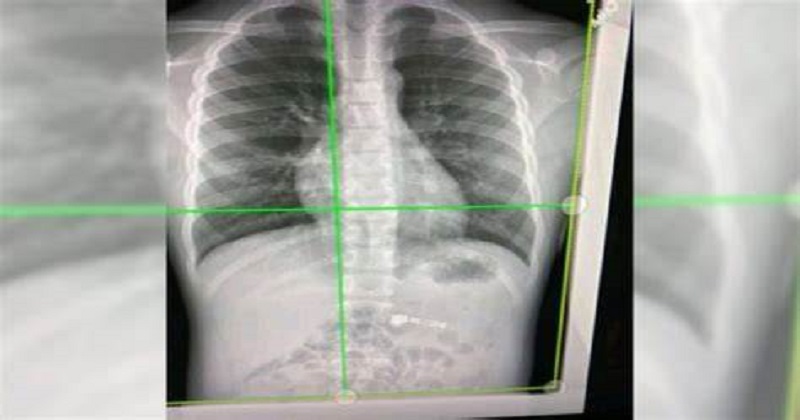
Scientists have discovered how Covid-19 destroys even the tiniest blood vessels in the human lungs using high-energy X-rays.
Scientists from University College London and the European Synchrotron Research Facility (ESRF) scanned donated human organs, including lungs from a Covid-19 donor, using a new groundbreaking imaging method called Hierarchical Phase-Contrast Tomography (HiP-CT).
The researchers used HiP-CT to see how severe Covid-19 infection ‘shunts’ blood between two different systems: capillaries that oxygenate blood and those that feed lung tissue.
According to the scientists in a report published in the journal Nature Methods, such cross-linking prevents the patient’s blood from being adequately oxygenated, which was previously hypothesised but not verified.
Danny Jonigk, Professor of Thoracic Pathology, at Hannover Medical School, Germany said, ‘By combining our molecular methods with the HiP-CT multiscale imaging in lungs affected by Covid-19 pneumonia, we gained a new understanding of how shunting between blood vessels in a lung’s two vascular systems occurs in Covid-19 injured lungs, and the impact it has on oxygen levels in our circulatory system’.
The HiP-CT technology produces X-rays that are 100 billion times brighter than a hospital X-ray.
Using this method, researchers can view blood vessels that are about five microns in diameter (a tenth of the diameter of a hair) in an intact human lung, whereas a clinical CT scan can only resolve blood vessels that are about 100 times larger, around 1mm in diameter.
Also Read: Indian Railways to introduce new Vande Bharat Express train early next year
The UCL-led team is now intending to create a Human Organ Atlas using HiP-CT. This will feature six donated control organs: brain, lung, heart, two kidneys and a spleen, as well as the lung of a Covid-19 patient. There will also be a control lung biopsy and a Covid-19 lung biopsy. Surgeons, doctors and the general public will be able to access the Atlas online.
The researchers believe that scale-bridging imaging from the whole organ to the cellular level could provide new insights into a variety of diseases, including cancer and Alzheimer’s disease.

Post Your Comments